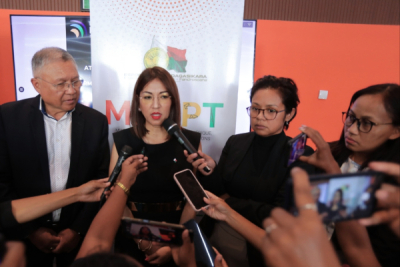In recent years, Niger has taken several actions to improve its internet coverage. The government also plans to create a legal framework for effective digital transformation.
Niger has adopted a new National Cybercrime Strategy to strengthen the country's digital transformation, a statement released after the December 27, 2022, Ministerial council informs.
According to the statement, the initiative aims at “ensuring a sustainable and effective digital transformation in Niger.” It also aims at "consolidating both investors and the public’s confidence in information and communication technologies.” The strategy will enter its implementation phase in 2023 and run for four years.
It will focus on four axes. The first is the enhancement of legislative, regulatory and institutional frameworks to protect users. The second is the protection and securitization of critical national infrastructure by building the capacity of operational institutions and boosting their human resources. The third axis is the development of mechanisms to prevent, detect and repress cyberattacks to improve security and build users’ confidence in ICT tools. The last axis is the promotion of public-private and public-public cybersecurity partnership by strengthening national, regional and international cooperation.
The program comes one year after the Internet development study launched by the government in October 2021. The objective was to allow Nigerien authorities to concretely understand the ecosystem and the national laws governing the use of the internet, assess the digital ecosystem and identify the gaps to be filled to make the Internet a tool for development.
Since 2018, the World Bank is committed to helping Niger develop Internet access, both in urban and rural areas, and to make connectivity a tool for socio-economic growth.
Jean-Marc Gogbeu



















